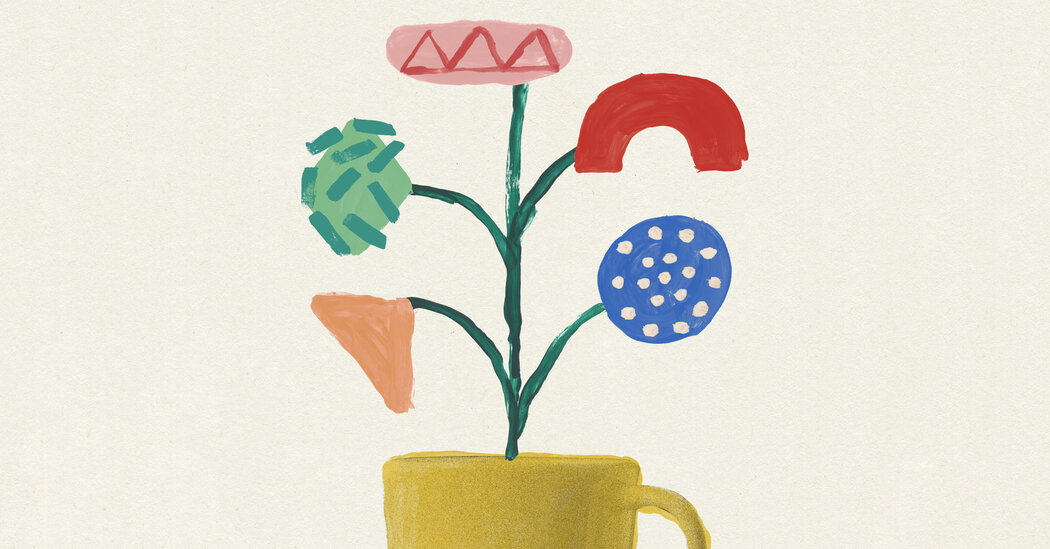It’s Day 4 of the Creativity Challenge. How’s your brain doing?
There is a scene in the film “Shakespeare in Love” in which the actor Joseph Fiennes spends a minute or so bantering with Gwyneth Paltrow in the backyard of her castle, then runs to his writing desk, where “Romeo and Juliet” pours out from his longing heart. The muse hath struck! The verse floweth! Historical accuracy aside, isn’t that often how we see creativity? Inspiration hits, and you’re off to the races.
When I watched that scene recently, I realized that, yes, Shakespeare seems fueled by something otherworldly — but there’s a lot of hand cramping and quill stripping happening, too. Creativity is a combination of “aha” moments and hard work. We’re quick to dismiss the latter and assume that the best ideas show up like a butterfly landing on our shoulder.
But it’s often time and effort that bring about your brightest ideas. Brian Lucas, an associate professor of organizational behavior at Cornell University, teaches his students the value of sticking with something: He calls it the “10 Percent Rule.” Through his research, he has found that people tend to underestimate how creative they can be when they’re working on a task. They “leave ideas on the table because they feel like they’re done,” he said. But when study participants keep at a task past when they think they are finished, they come up with more surprising thoughts.
Dr. Lucas concluded that the sweet spot for getting the most value out of your effort is to work for an extra 10 percent. Similar to pushing yourself to do two more reps even after your muscles feel kaput, pushing yourself to think a little longer can yield the best results.
Applying Dr. Lucas’s “10 Percent Rule” to your daily life could look many different ways. Maybe you have an hour blocked on your calendar to work on a project; challenge yourself to work on it for six extra minutes. (You can take a break, but be quick. Dr. Lucas said too much time away can muddle your train of thought.) If you are talking through an issue at the dinner table — such as schedule logistics — and you’re at an impasse, maybe grab dessert then take another brief stab at it. You don’t have to hold a stopwatch; you can be loose with your extra 10 percent, Dr. Lucas said.
No matter what you are working on, your most creative idea may not come to you in a flash. If it does, lucky you. But if it feels more like a slog, that doesn’t mean it’s not inspired.










